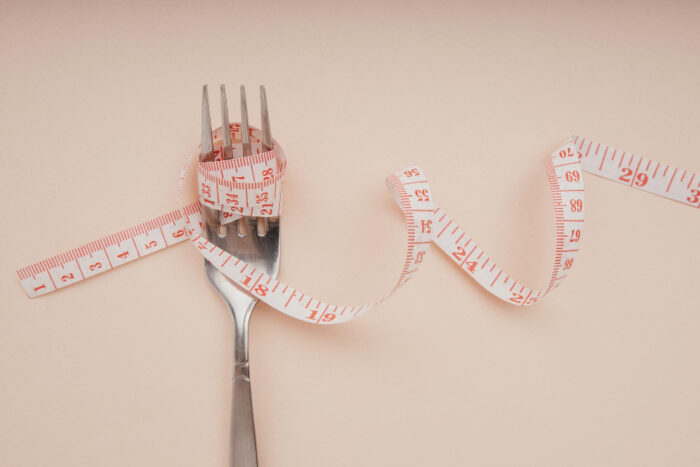We’ve all been there — but what’s the root cause of this issue?
Like many other women, I have experienced that dreaded moment during the weight loss phase when everything comes to a screeching halt.
Weight loss is very much like the initial image. You are challenging but a triumph when you get to the top (your goal).
Fat burning begins to decrease, our weight loss stops, and we begin to sit nice and snug in a stagnated fashion.
Should we increase or decrease our calories? How about exercise? Should we ramp that up a notch?
Our bodies are trying to outsmart us
The body is trying to defend itself from a weight-regulating energy expenditure perspective in all these cases.
Until now, no one knew what was behind it — yet many health and fitness professionals have a lot of underlying theories on how to combat it.
Our bodies are pretty clever — since they like to store energy efficiently by limiting their expenditure to converse it for later usage.
It’s our body’s natural response to survive famine (just in case that could happen in today’s abundant world of overconsumption).
Researchers aim to uncover the key players in energy expenditures (calories burnt) during obesity and fasting.
Two distinct instances are linked to slowing your metabolism: fasting and obesity. Two feedback loops are working together to self-regulate the system. It’s much like a thermostat that directly senses temperature changes to turn the heat on or off.
Here’s why our metabolism slows down
Mouse models were used to observe this loop.
These mice with forced obesity and chronic stress-triggered inflammation caused an enzyme called AMOK to shut down.
When AMOK shuts down it reduces our ability to burn calories and encourages fat storage. It is a critical function that causes a reduction in obesity-related energy expenditure.
AMOK enzyme senses a change in energy expenditure during fasting and increases the intensity by instructing cells to burn fat as an energy source.
The problem is if fasting activates AMPK, it initiates another hormone, which inhibits AMPKs role in fat burning.
That feedback loop blocks energy expenditure and triggers inflammation instead (in mice).
Inhibiting an enzyme called TBK1 could potentially restore energy balance in stages of obesity by enhancing the ability to burn fat.
It’s not the only pathway that accounts for energy expenditure but provides some new insights on how to help assist those with obesity.
Something previously used to treat asthma may be the key
In Japan, a drug created for asthma has one possible TBK1 inhibitor.
Japan created this drug in the 1980s.
Within lab tests, when mice were given TBK1, it induced obesity, a drop in energy expenditure or a reduced calorie burn.
But, when the mice took amlexanox, it caused them to lose weight, while their insulin sensitivity increased, and improved their diabetes and fatty liver disease.
This old asthma drug from the 80s proves to be very useful!
Using this drug (or some form of it) can help give obese the potential to increase their metabolism and improve energy expenditure.
A good quality, caloric-reduced diet and exercise are required to move the needle faster, and using the two could potentially supercharge this.
Key take away
Although I’m a bit sceptical about fasting decreasing energy expenditure — perhaps the researchers are referring to prolonged fasting .
Obesity seems to shut down the body’s ability to burn fat.
With some dietary intervention and exercise — over time, I see no reason why any person can’t turn their life around (without drugs, too!).
Weight loss takes time, and drastic measures fail more than they succeed.
If we turn our weight loss goals into more of a ‘health’ perspective — such as attaining weight loss for its health and longevity benefits, we might switch our mindset & diet strategies.
So, take your time, eat well and exercise your way to weight loss. Be patient and keep moving your body.
Please help support all the wonderful writers on this platform by subscribing to Medium here. It helps to encourage writers like myself who want to make a positive difference in people’s lives.
You can also follow me on YouTube for the latest, science-backed research on health, weight and weight training, and an endless supply of healthy recipes.
You may also like to download my FREE Fat Loss Recipe book.
I appreciate your support.
